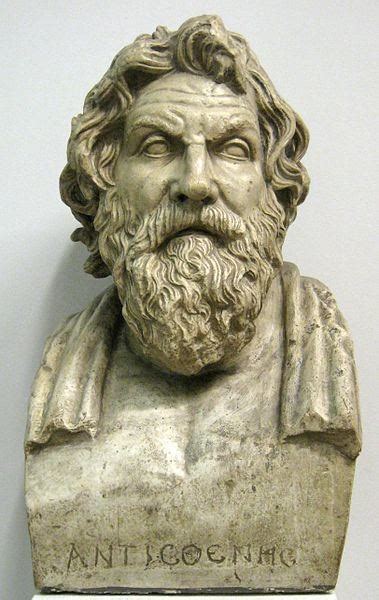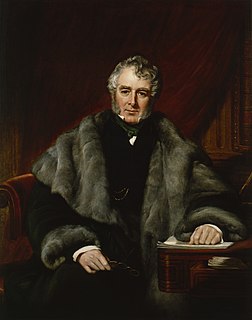A Quote by Marcus Tullius Cicero
Men ought to be most annoyed by the sufferings which come from their own faults.
Related Quotes
Some have said that it is not the business of private men to meddle with government--a bold and dishonest saying, which is fit to come from no mouth but that of a tyrant or a slave. To say that private men have nothing to do with government is to say that private men have nothing to do with their own happiness or misery; that people ought not to concern themselves whether they be naked or clothed, fed or starved, deceived or instructed, protected or destroyed.
Most men appear to think that the art of despotic government is statesmanship, and what men affirm to be unjust and inexpedient in their own case they are not ashamed of practicing towards others; they demand just rule for themselves, but where other men are concerned they care nothing about it. Such behavior is irrational; unless the one party is, and the other is not, born to serve, in which case men have a right to command, not indeed all their fellows, but only those who are intended to be subjects; just as we ought not to hunt mankind, whether for food or sacrifice . .
When you are subjected to the malicious and furious violence of the passions, and to the harassments of the Devil, during the fulfillment of various works for God, accept these sufferings as sufferings for the name of Christ, and rejoice in your sufferings, thanking God; for the Devil is preparing you, without knowing it himself, the most shining crowns from the Lord.
To know the Cross is not merely to know our own sufferings. For the Cross is the sign of salvation, and no man is saved by his own sufferings. To know the Cross is to know that we are saved by the sufferings of Christ; more, it is to know the love of Christ Who underwent suffering and death in order to save us. It is, then, to know Christ.












































